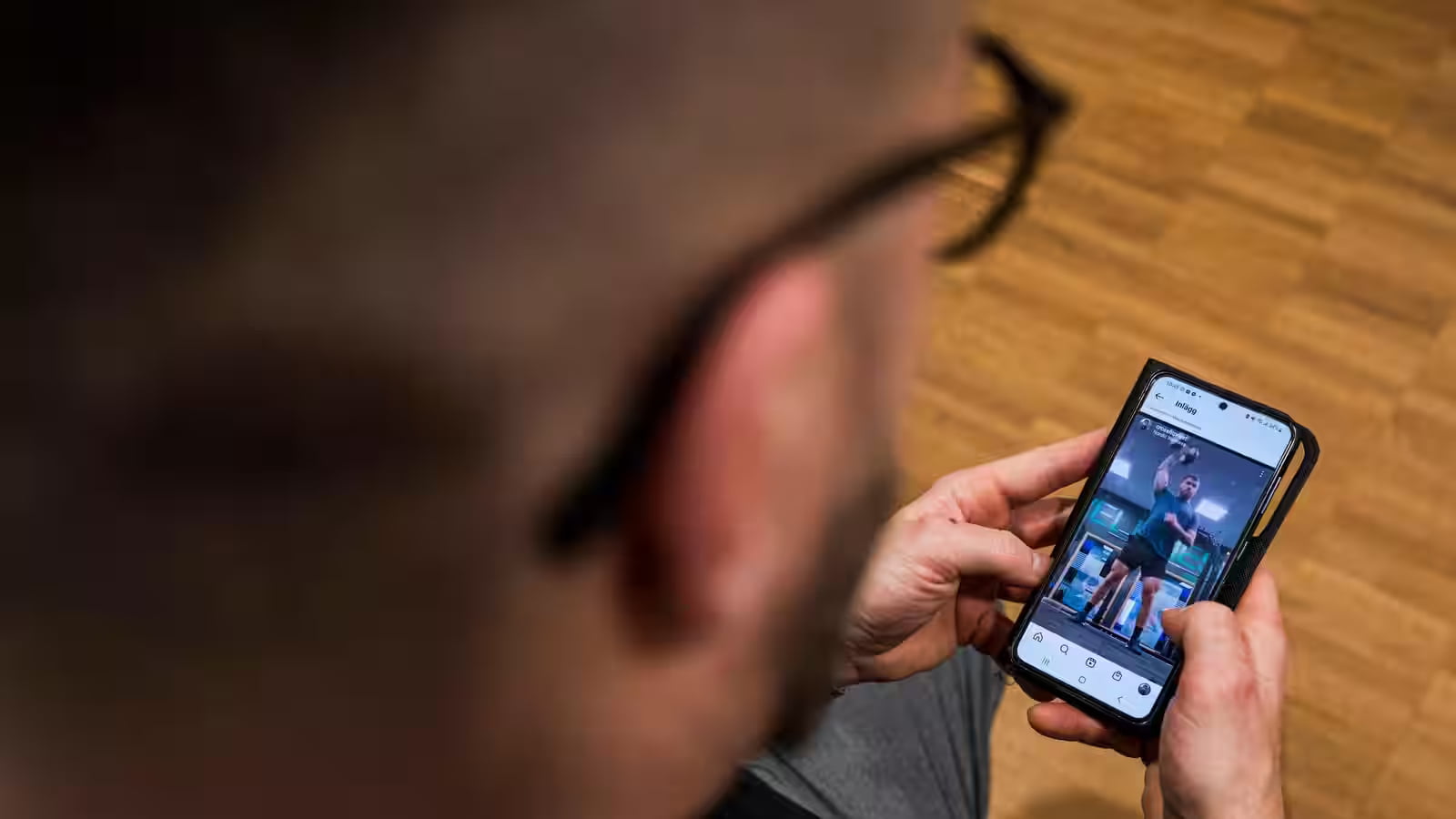According to an Indian Council of Medical Research research, mobile phone-based interventions, such as nudges via text messages, improved improve lifestyle behaviours and discipline with medicine consumption. Sending patients periodic reminders tended to benefit them.
According to the country’s main biomedical research organisation, the SPRINT India trial, conducted through the ICMR’s Indian Stroke Clinical Trial Network (INSTRuCT), a network of stroke-ready centres in India, is the first of its kind in developing countries.
The intervention in the experiment comprised a package of SMS text messages, health education movies, and a stroke prevention workbook for patients. The messages emphasised the importance of controlling blood sugar, blood pressure, cholesterol, increasing physical exercise, eating a balanced diet, and taking medications on a regular basis to avoid a stroke.
“SPRINT project is the first trial in India (and perhaps globally) to try to examine the role of a mHealth intervention in secondary prevention of stroke at such a big scale. It offers hope for improving lifestyle and medical issues by using technology in a resource-constrained environment,” said Meenakshi Sharma, Scientist-G, ICMR’s noncommunicable diseases section, in a release.
The investigation was conducted in 31 Indian stroke centres.
Individuals who received these nudges appeared to be more likely to quit smoking or drinking (85% vs. 78% in those who did not get the intervention) and to take their medications on a regular basis (93.6% vs. 89.8%).
According to the ICMR, the awareness material was prepared methodically in 12 different regional languages.
“The occurrences such stroke, heart attack and mortality did not differ between the two groups (5.5% vs 4.9%) at one year follow up. This could be because the follow-up period was too short, or because the research sites were stroke-ready facilities that already provided high-quality care to stroke patients. “The findings of the SPRINT India trial show a long-term benefit for patients who had a stroke through mobile health treatments,” stated Dr Jeyaraj D Pandian, professor of neurology and principal, Christian Medical College, Ludhiana, and the trial’s primary investigator.
The trial’s findings were published in the Lancet Global Health journal last week.
